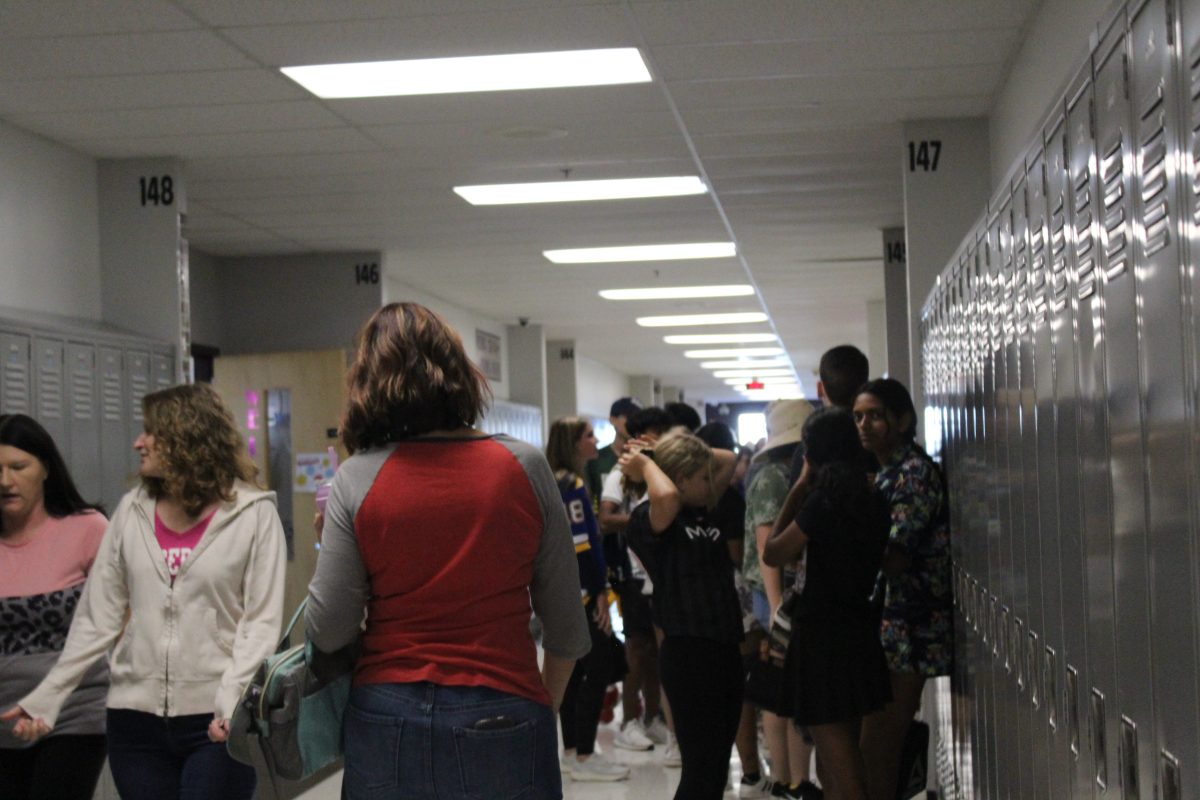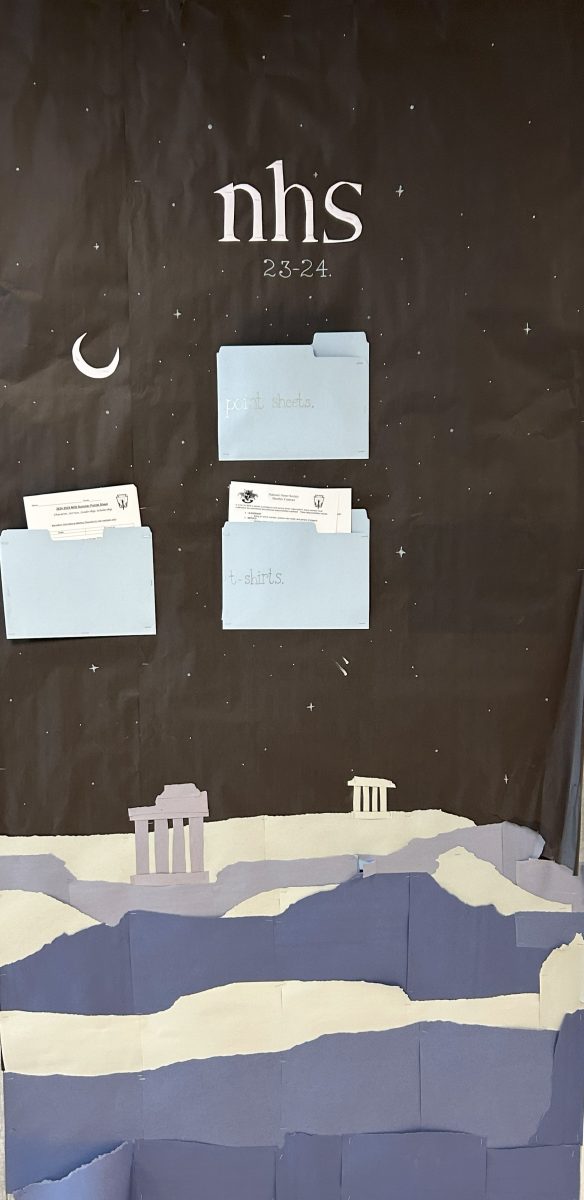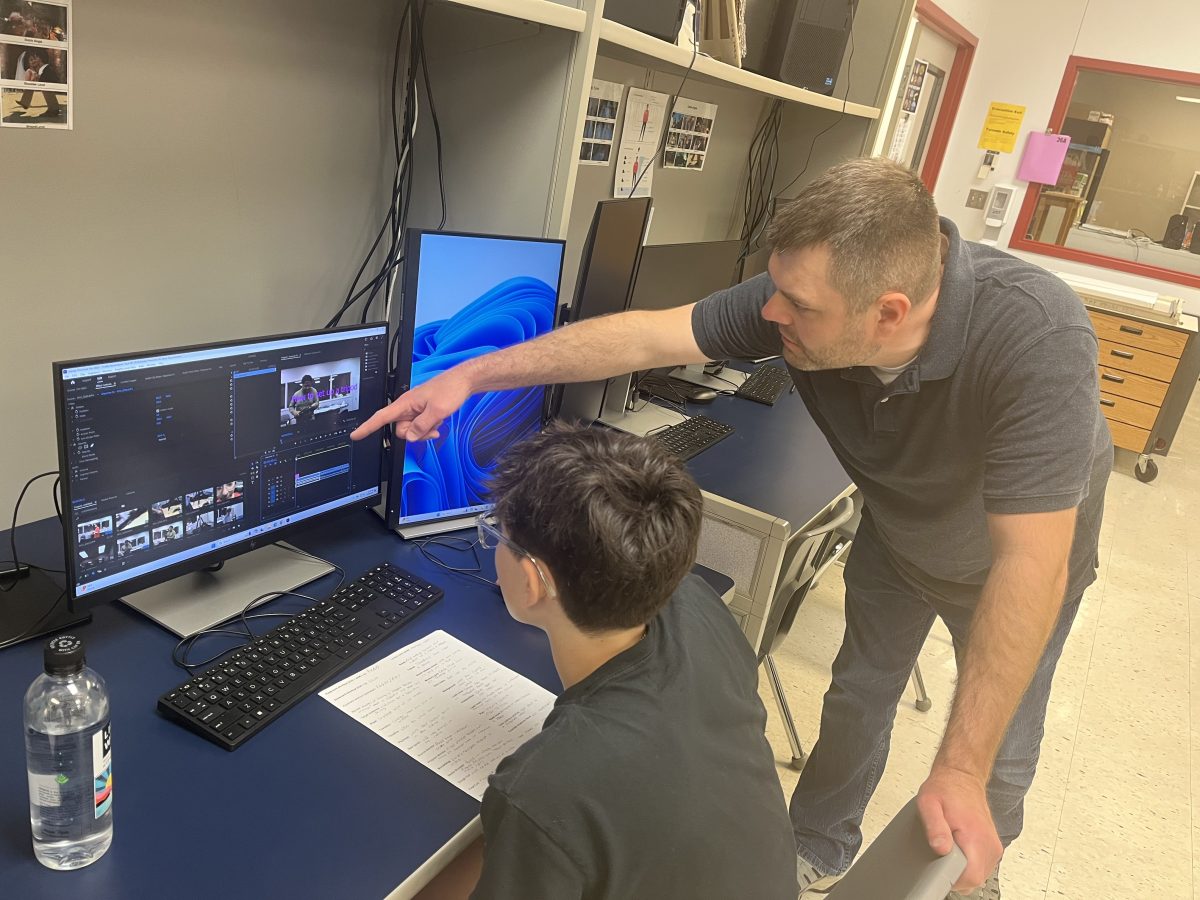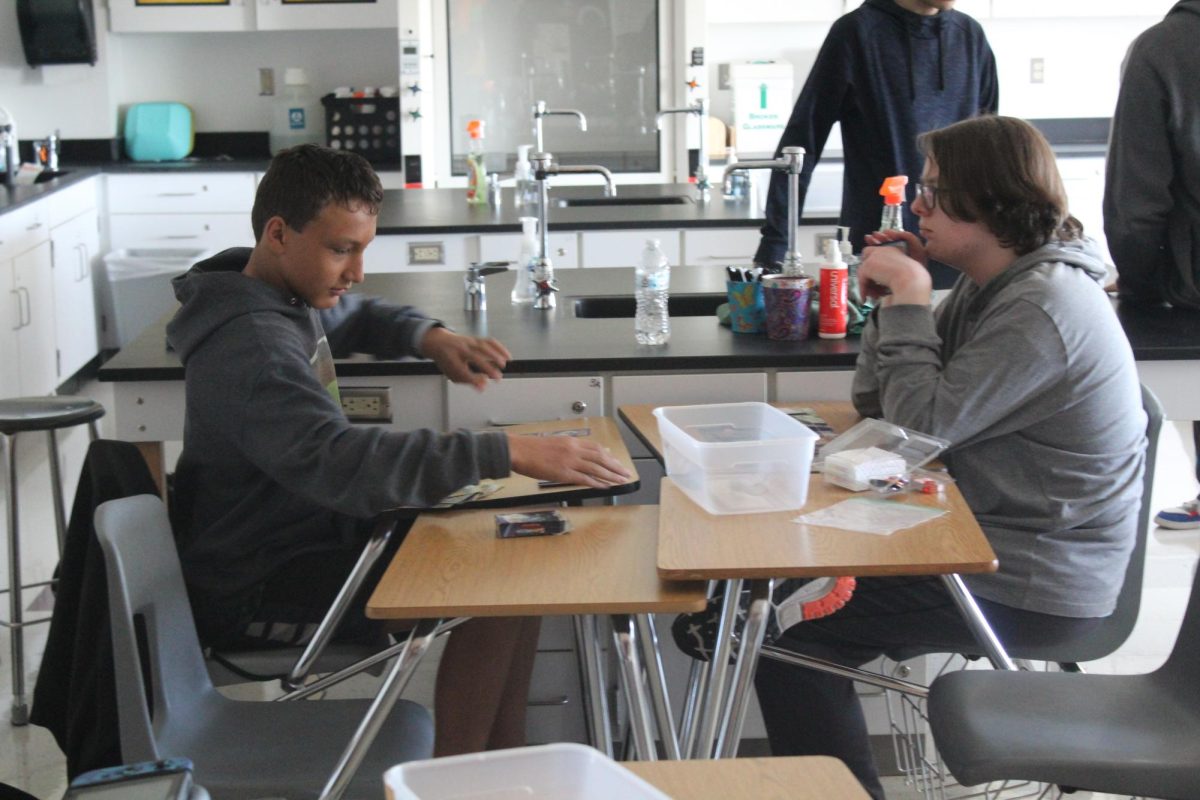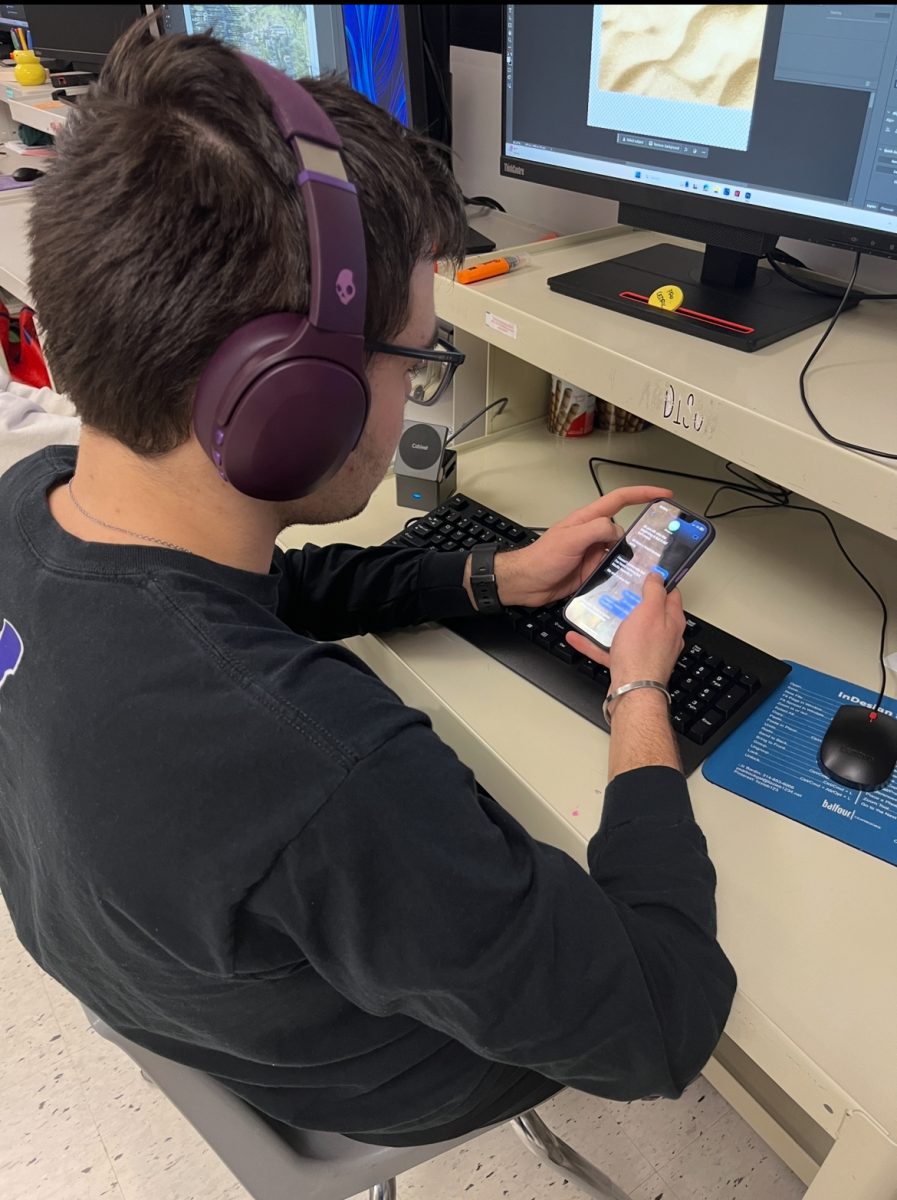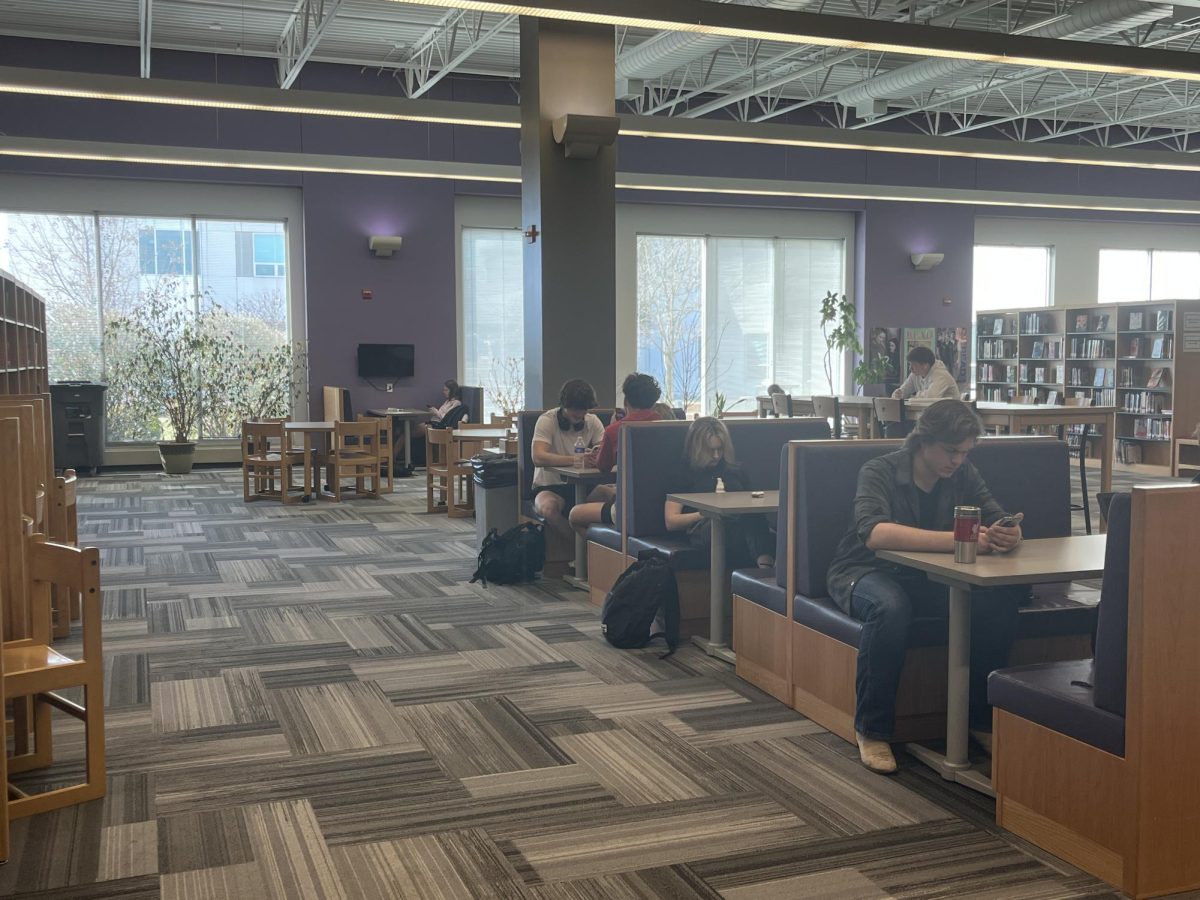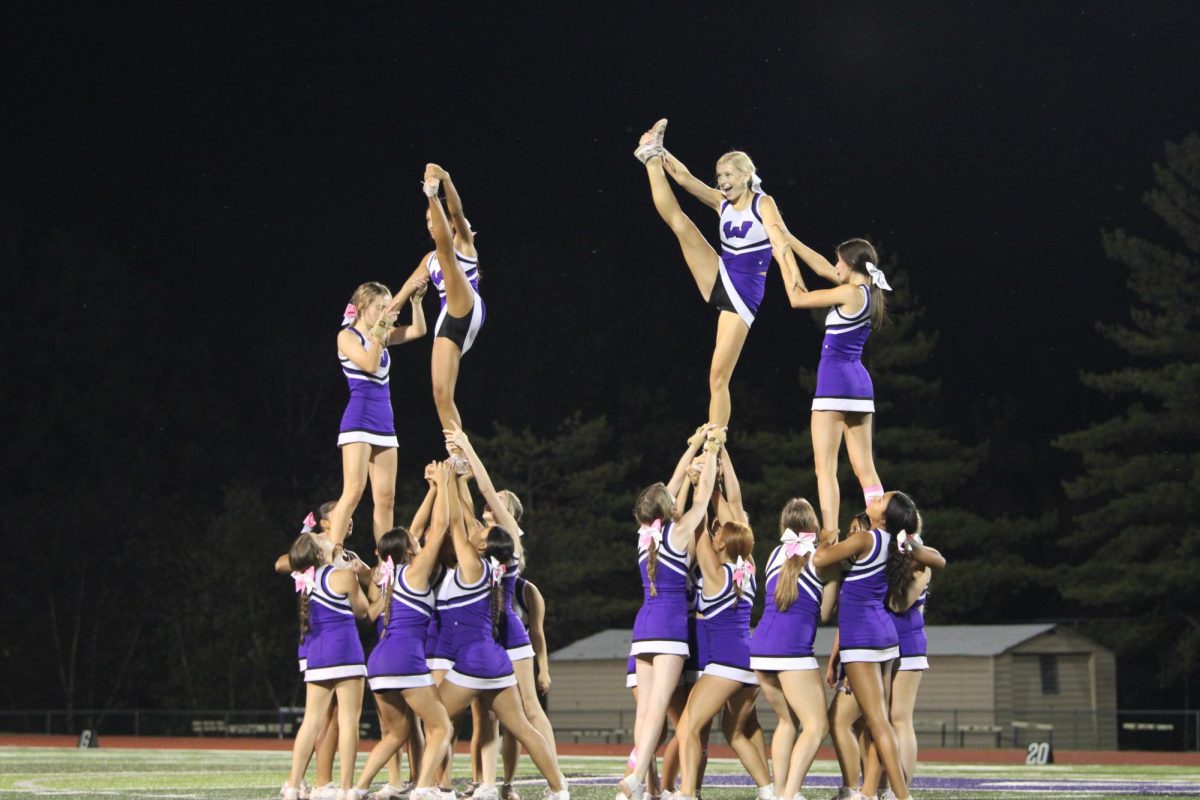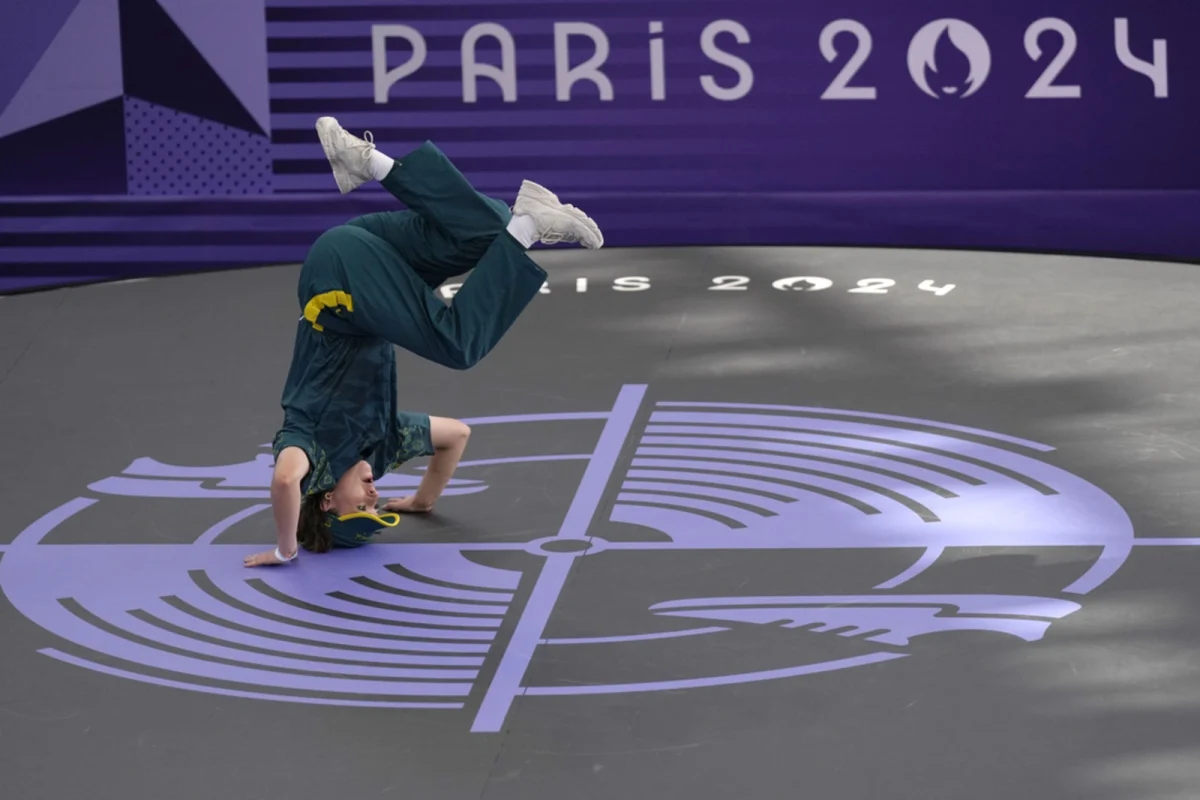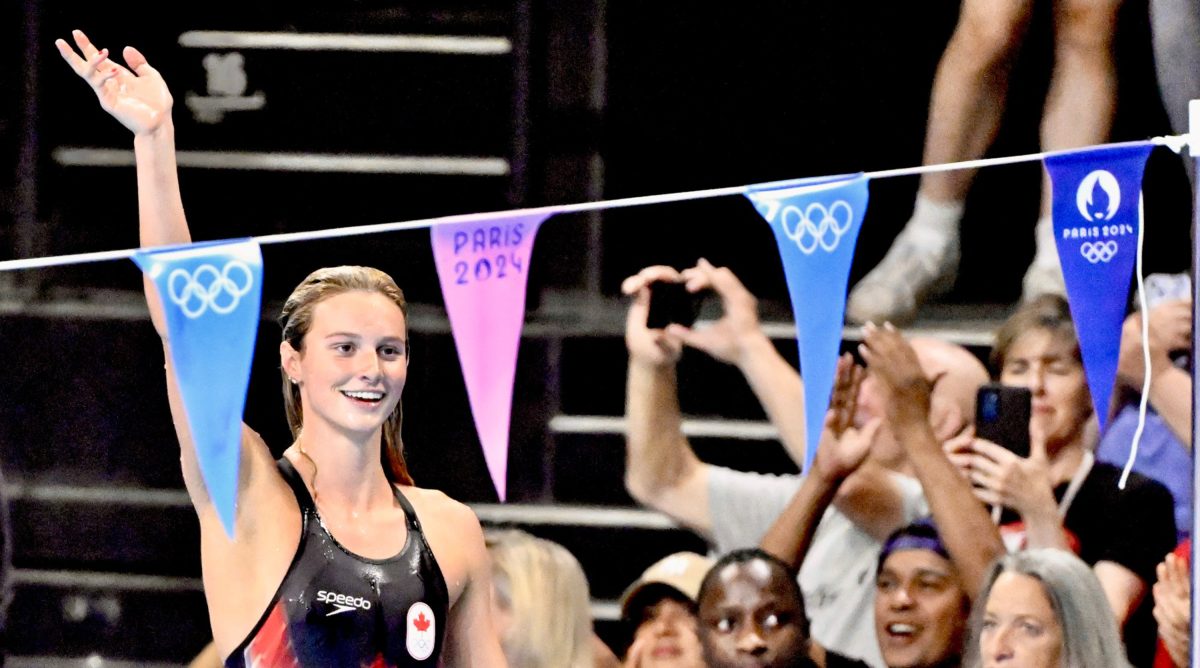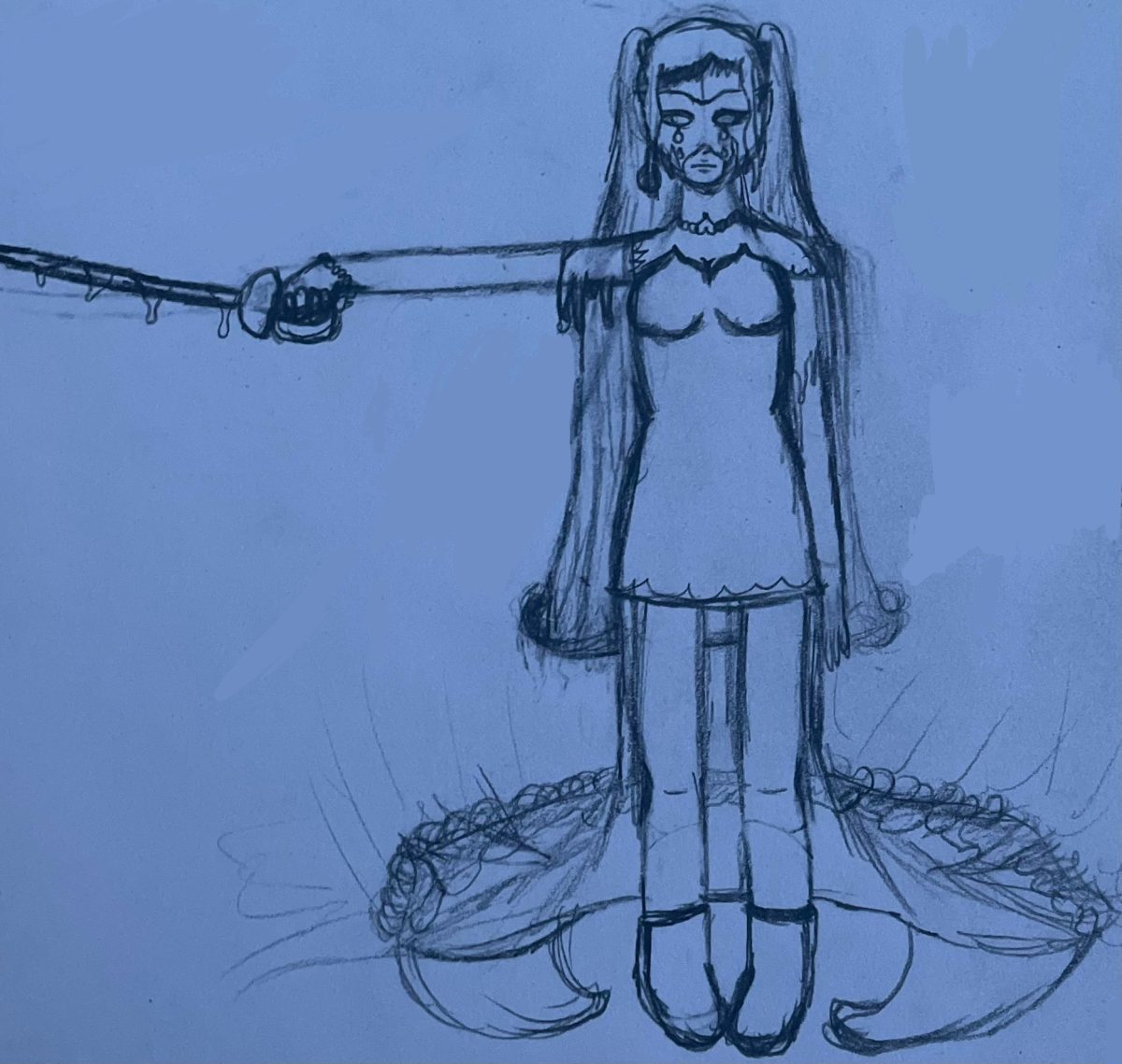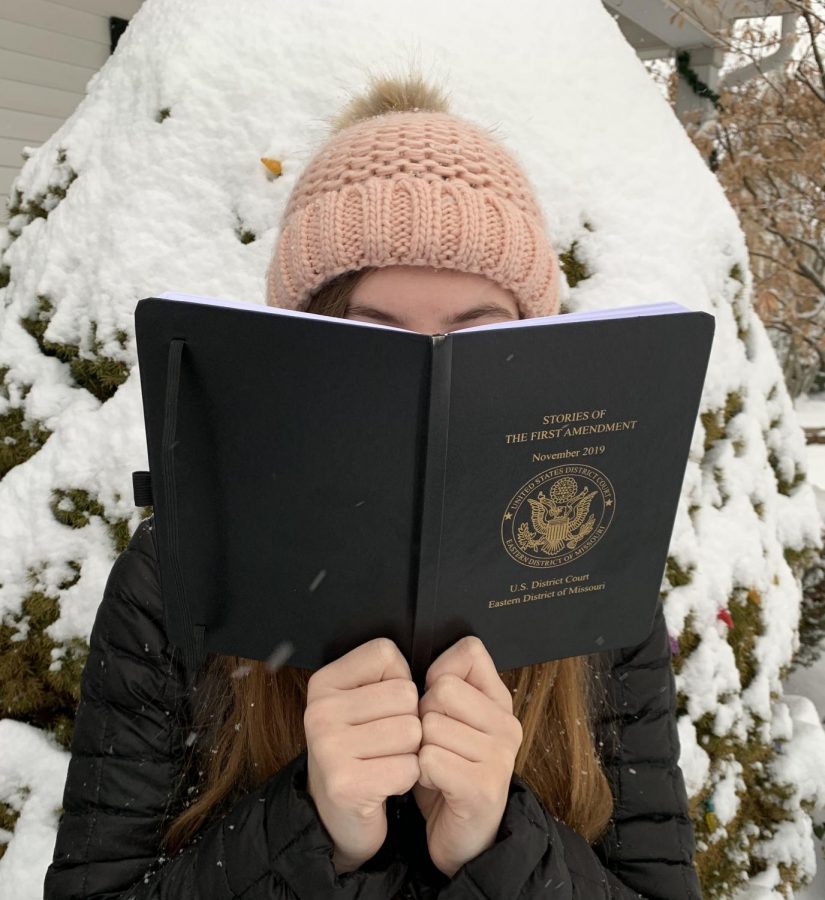Shall Not Be Abridged
Heroes of the first amendment educated student journalists
Ever since the creation of the Bill of Rights, Americans have been guaranteed the right to petition, religion, assembly, speech and press. These rights, compiled in the First Amendment, are the foundation of the United States’ democracy.
Thousands of court cases have met justice on the steps of the Supreme Court, including many revolving around the First Amendment. Bethel School District v. Fraser, Engel v. Vitale and Morse v. Frederick are just a few of the cases that have shaped the interpretations of the freedoms Americans are asserted. Some rulings have limited students’ rights, like Hazelwood v. Kuhlmeier, and others have increased student freedom, like Tinker v. Des Moines. In an event called Stories of the First Amendment, journalism students from around the St. Louis area got to experience a piece of Constitutional history.
Gene Policinski, President and Chief Operating Officer of the Freedom Forum Institute (FFI), was the first to speak. The FFI runs a survey every year to track the progress of American knowledge and opinions regarding the First Amendment. In the most recent survey, only 71% of American adults could name one of the freedoms guaranteed in the First Amendment, which is an increase of 11% from 2018. Policinksi spoke on the importance of the First Amendment for student journalists\; it protects them from censorship by administration. Censorship, also called prior restraint, allows principals to restrict journalists from publishing videos, articles or any other product. The 2019 survey revealed that 64% of adults agree that student journalists should be allowed to report on controversial issues without prior restraint.
Following Policinski, Mary Beth Tinker, half of the protagonist pair in Tinker v. Des Moines, spoke to the audience about her fight for a student’s right to freedom of speech. To protest the Vietnam War, she wore a black armband to school, and as a result, she was suspended. In 1969, a 7-2 Supreme Court decision granted her, her brother and American students everywhere civil rights inside the schoolhouse gate. The decision was monumental because it guarantees a students’ right to express themselves while under the jurisdiction of the school.
Cathy Kuhlmeier, now Cathy Cowan, was next. In 1988, the Spectrum Newspaper, a publication of Hazelwood School District, was restrained from publishing. The article, written by Kuhlmeier, contained material regarding teen pregnancy and divorce. Later, it was revealed that the principal never read the paper before cutting the articles. The Supreme Court ruled in favor of the school, allowing all schools, to regulate journalism productions. Kuhlmeier revealed why her case ruled in favor of the school\; her lawyer failed to inform her of the trial occurring at the Supreme Court level. The woman behind the name of the case was not in attendance at the final trial. And the lawyer representing Kuhlmeier at the Supreme Court, Leslie D. Edwards, was inexperienced. Edwards was responsible for arguing that the principal does not have the right to limit the newspaper, however, her argument was the opposite of that.
“I do think that the school can limit how they run their journalism program and their newspaper,” Edwards said, according to the transcript of proceedings. “[The principal] did not limit the program. He did not limit the newspaper. I think that he can limit the whole thing. And maybe, you know, people might disagree.”
Her client would be the first in line to disagree. After failing to represent Kuhlmeier successfully, Edwards left the industry.
“I learned that some stories aren’t always what they seem to be,” junior Maisy Garrison said. “My favorite speaker was Kuhlmeier because her story was so much deeper than anything online could have ever taught me about what happened.”
The FFI and Student Press Law Center (SPLC) deemed 2019 the Year of the Student Journalist because of new legislation and a renewed fight against censorship. New Voices, an organization fighting for student press rights, has introduced House Bill 743 in Missouri. The legislation will eliminate the requirement of prior restraint in schools. However, 14 states already have legislation that protects journalism students’ rights, according to splc.org.
“The New Voices movement is gaining momentum across the country, and this year has seen an unprecedented level of activity,” executive director of the Student Press Law Center Hadar Harris said. “Eleven states introduced new legislation.”
As future government watchdogs, student journalists are learning the ways of their predecessors with the help of conferences like Heroes of the First Amendment.

